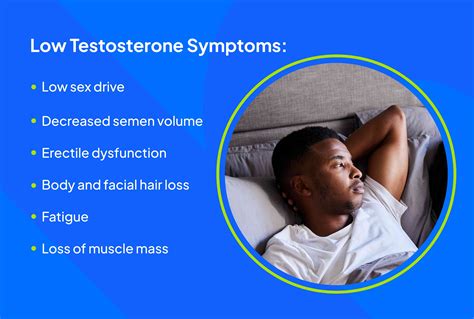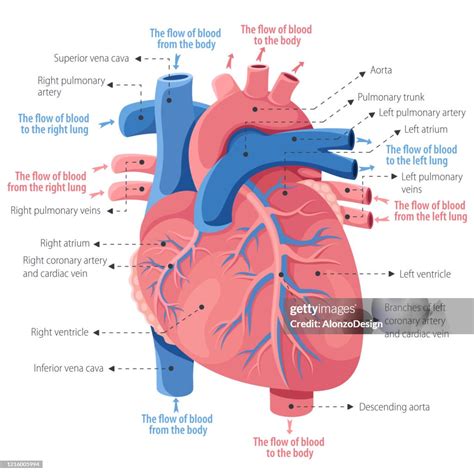What is the potential impact of undiagnosed sleep apnea on a man’s testosterone levels and cardiovascular risk?

Undiagnosed sleep apnea poses a significant yet often overlooked threat to men’s health, silently impacting crucial physiological systems. This pervasive sleep disorder, characterized by repeated pauses in breathing during sleep, extends far beyond mere snoring, deeply influencing a man’s hormonal balance and placing considerable strain on his cardiovascular system. Understanding these intricate connections is vital for men seeking to maintain optimal health and longevity.
The Silent Threat: Understanding Undiagnosed Sleep Apnea
Obstructive Sleep Apnea (OSA) is the most common form, occurring when the muscles in the throat relax excessively, blocking the airway during sleep. This leads to fragmented sleep, oxygen desaturation, and chronic stress on the body. Alarmingly, millions of men worldwide live with OSA without a proper diagnosis, mistaking their daytime fatigue and irritability for normal aging or stress. This lack of awareness prevents timely intervention, allowing the detrimental effects to compound over years.

Sleep Apnea’s Impact on Testosterone Levels
Testosterone, the primary male sex hormone, plays a critical role in energy levels, mood, muscle mass, bone density, and sexual function. Research consistently demonstrates a strong correlation between undiagnosed sleep apnea and lower testosterone levels. The mechanisms are multi-faceted:
- Fragmented Sleep: The majority of daily testosterone production occurs during deep sleep. Sleep apnea disrupts this crucial sleep architecture, preventing the body from entering the necessary restorative phases.
- Chronic Hypoxia: Repeated drops in blood oxygen levels (hypoxia) trigger a stress response, activating the sympathetic nervous system and leading to inflammation. This physiological stress can directly suppress the hypothalamic-pituitary-gonadal (HPG) axis, which regulates testosterone synthesis.
- Increased Cortisol: Chronic stress from sleep apnea elevates cortisol levels, which can also inhibit testosterone production.
Men with untreated sleep apnea often report symptoms synonymous with low testosterone, including reduced libido, erectile dysfunction, decreased energy, mood swings, and difficulty concentrating. Addressing the sleep apnea can often lead to a significant improvement in testosterone levels and associated symptoms.

Elevated Cardiovascular Risk Factors
Beyond hormonal disruption, undiagnosed sleep apnea is a major independent risk factor for a range of serious cardiovascular diseases. The repeated cycles of oxygen deprivation and arousal during sleep place immense stress on the heart and blood vessels:
- Hypertension (High Blood Pressure): Each apneic event causes a surge in blood pressure. Over time, this chronic stress leads to sustained hypertension, a primary risk factor for heart disease and stroke.
- Arrhythmias: The fluctuating oxygen levels and heightened sympathetic nervous system activity can trigger irregular heartbeats, including atrial fibrillation and bradycardia.
- Heart Failure: The continuous strain on the heart can weaken its pumping ability, eventually leading to heart failure.
- Stroke and Heart Attack: Sleep apnea increases the risk of blood clot formation and exacerbates underlying atherosclerosis, significantly raising the likelihood of a stroke or heart attack.

Recognizing the Signs and Seeking Diagnosis
Given the severe implications, recognizing the symptoms of sleep apnea is crucial. Men should be vigilant for:
- Loud and persistent snoring, often with observed breathing pauses
- Excessive daytime sleepiness, even after a full night’s rest
- Morning headaches
- Irritability and mood changes
- Difficulty concentrating or memory problems
- Frequent nighttime urination
- Decreased libido or erectile dysfunction
A formal diagnosis typically involves a sleep study (polysomnography), which can be conducted at home or in a sleep lab. This test measures breathing patterns, oxygen levels, heart rate, and brain activity during sleep, providing definitive evidence of sleep apnea.

The Path to Improved Health
Fortunately, sleep apnea is a treatable condition. Treatment options, such as Continuous Positive Airway Pressure (CPAP) therapy, oral appliances, lifestyle modifications (weight loss, avoiding alcohol before bed), and in some cases, surgery, can effectively manage the condition. Successful treatment not only alleviates snoring and improves sleep quality but also offers profound benefits for overall health:
- Significant improvement in testosterone levels and related symptoms
- Reduction in blood pressure and lower cardiovascular risk
- Increased energy and cognitive function
- Improved mood and quality of life
Early diagnosis and consistent treatment are paramount for mitigating the long-term health consequences of undiagnosed sleep apnea, allowing men to reclaim their vitality and protect their heart health.
Conclusion
The insidious nature of undiagnosed sleep apnea makes it a silent adversary to men’s health, silently eroding hormonal balance and escalating cardiovascular risk. From diminishing crucial testosterone levels to increasing the likelihood of heart attacks and strokes, its impact is profound and far-reaching. Recognizing the symptoms and actively seeking a diagnosis are critical first steps. By addressing sleep apnea, men can not only restore their hormonal equilibrium and safeguard their cardiovascular health but also significantly enhance their overall well-being and quality of life.










